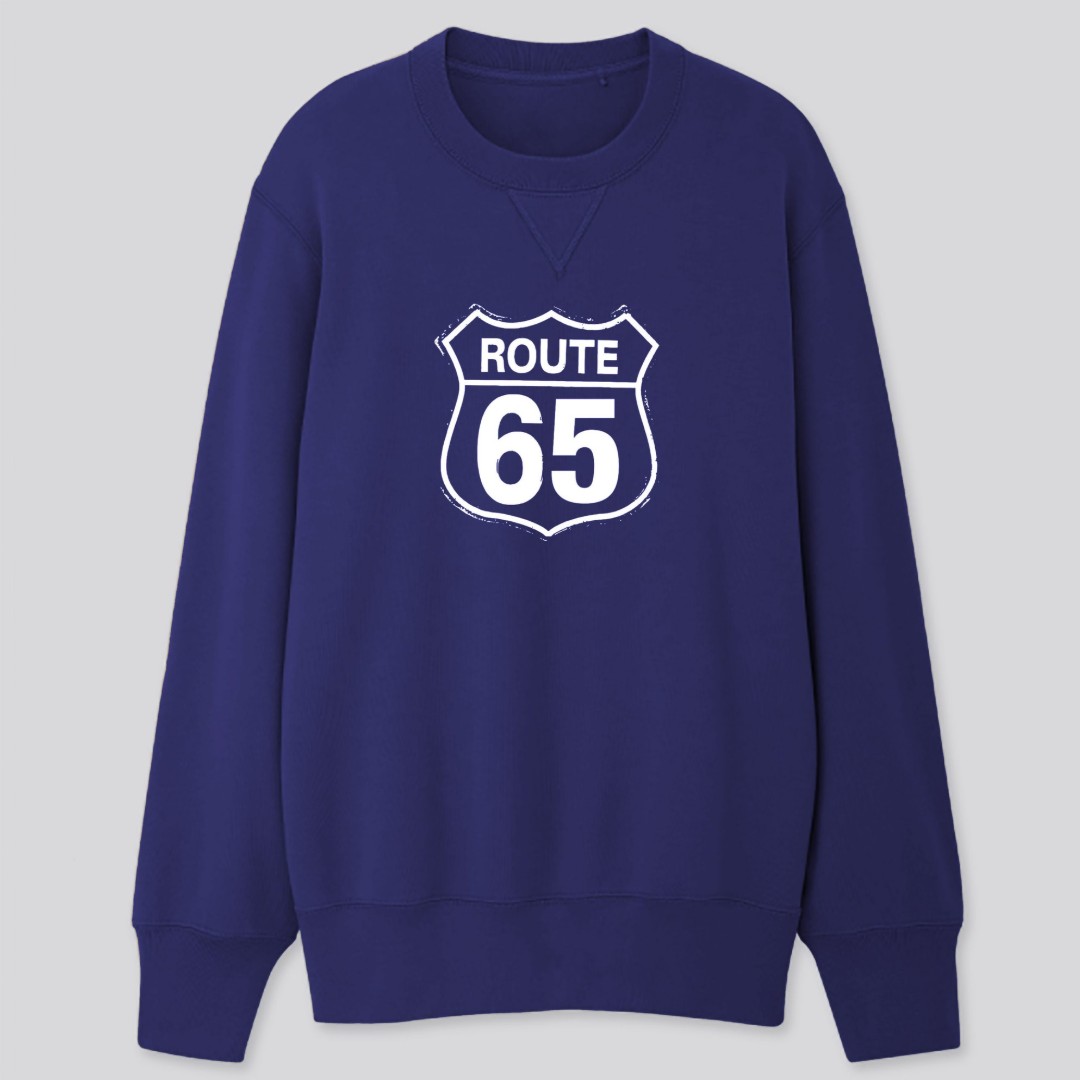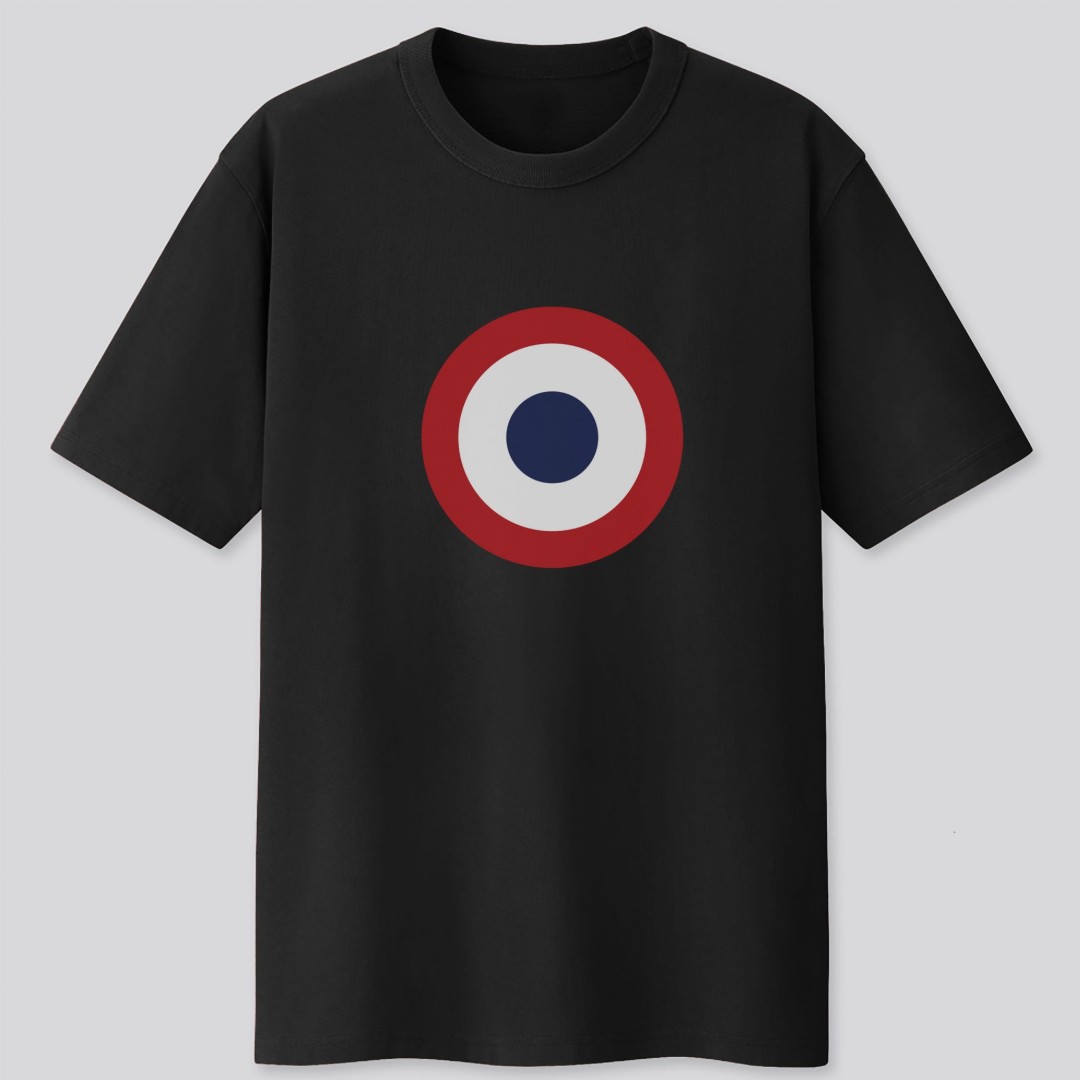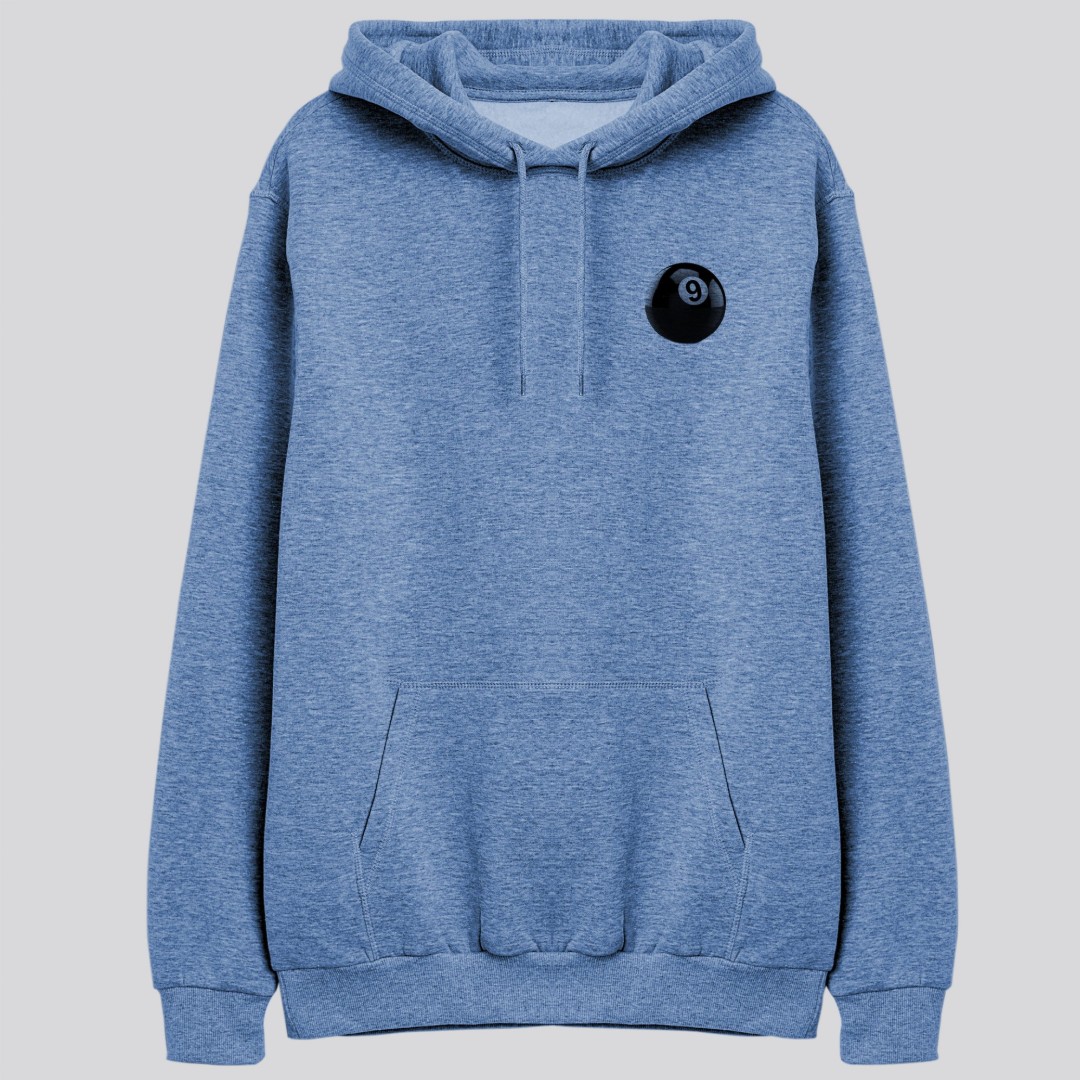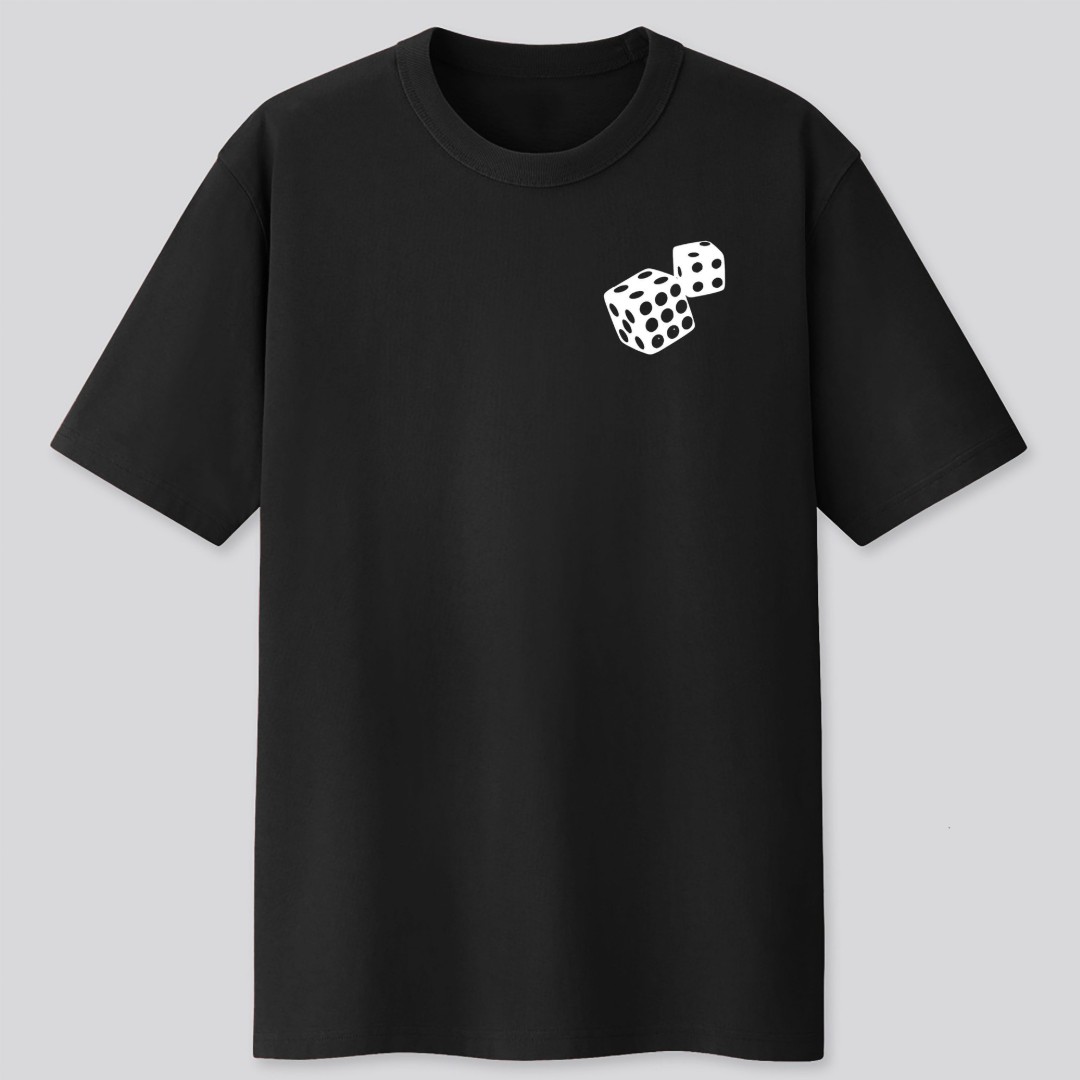Interview with the founder of Snide London
In today’s interview, we talk to David Almond Founder of Snide London to find out more about the ethics and story behind the brand.
Snide London is the hippest new entrant to the ever-increasing UK streetwear and skatewear market. They pride themselves on not being fake. They make well-crafted t-shirts, hooded tops, shorts, and tote bags with a twist: all the logos feature a deliberate but subtle mistake as if they were made by a company that doesn’t fully understand British culture. Their garments are made for dreamers and leaders, who are rebellious and smart. It’s a clever nod, a sly wink, a knowing smile that says “I’m fashionable but I’m not a blind follower”.
Thank you for wanting to be part our exclusive network. What were your reasons for joining us and investing in the Ethical Brand Directory / Academy and community?
Creating and meeting sustainable brand goals is more than PR—it’s a moral responsibility. Joining the EBD community was a great way to demonstrate to our core customers we shared their environmental and ethical values. We were conscious, from the very start of our journey, to ensure everything we did had the planet and its population in mind. The EBD gives us the chance to highlight our credentials and acts as a vital checklist to keep these concerns at the forefront of our business.
Can you give me a brief overview of your brand and the type of products you sell?
Snide London is the hippest new entrant to the ever-increasing UK streetwear and skaterwear market. We are not fake. We don’t make fakes. We make well-crafted garments with a twist. It started with the purchase of a £500 fake Breitling watch in China. The watch was intended to amuse rather than fool but, at the same time, was still a high-quality timepiece. One day that watch told its wearer it was the 41st of January and an idea was born. We offer style and individuality with a touch of irony.
1. The garments are manufactured to the highest possible quality, reflecting our London heritage and tailoring.
2. We deliberately and methodically sourced our materials from ethical, environmental, and people-first suppliers. Our ethical credentials are second to none.
3. Snide’s customers stand out from the crowd. They are members of a select gang that mixes freely in the real world but are able to cock a snook at the mainstream and who recognise each other as just that bit different.
What was your WHY? What inspired you to set up your business?
Firstly, we had a great idea for a brand that would stand out from the crowd; something the market hadn’t seen before, turning fakery and dodgy practices back on itself. Various market-testing research indicated we were right. but the young people we interviewed wanted something more, they wanted a brand they could be proud in wearing, both for its style and its ethics. We were inspired to create clothing that hit both metrics.

What challenges do independent brands like yourself face?
The biggest one is getting yourself seen. The big UK-based platforms such as Boohoo and ASOS have huge resources and the traditional retailers are more-and-more risk averse on introducing new brands. Social media marketing seems so random and hit-or-miss. Another challenge is matching the buying power of the big boys so we can ensure our pricing is competitive. We think the effort we initially put into finding the right suppliers has really helped us here.

Why is it important to be ethical in business?
Business ethics is more than just a concept used to enhance the image of a company, they are the very foundation of success. Ethics should be applied from the very moment a firm starts trading. Ethics become integral to the business and guides the decisions of all employees. It’s also crucial that a business reflects and mirrors the concerns of its customers and a new, environmentally aware generation will make its own decisions on which brands it favours.
What is the link to your page on ethics on your website?
What steps are you taking to ensure your brand operates as ethically as possible?
We made the decision to employ a sourcing specialist with 25 years experience in the fashion industry who has worked with other leading brands that had green issues at the forefront of their values. Their brief was to find us suppliers who held the highest possible ethical standards. The great thing about being a new brand is you start with a fresh canvas and can ensure your processes and logistics are correct from day one. Even our packaging and clothing tags are fully sustainable.

How important is sustainability for businesses? What are you doing in your business to reduce your environmental impact?
We decided, from the start, that sustainability vital to us andwe could use it as a key differentiator. We actively sourced suppliers who met this goals. Our suppliers have full certification in OEKO-TEX Annex 4 and 6 ensuring no harmful materials are used in our manufacturing. They are fully certified in OCS blended and OCS100. They ticked all the boxes in terms of GOTs (Global Organics Textile Standards) while also meeting Global Recycling Standards (GRS) and even being PETA-approved Vegan.
What are you not doing in your business but want to improve on?
We still use too much paper. Its a goal for next year to begin working with a cloud-based IT supplier. We also need to investigate how we can reduce our carbon footprint when it comes to our shipping strategy and our delivery network.

What is the link to your page on sustainability on your website?
What is your supplier and sourcing policy?
Our policy is clearly visible on our website, even including photographs of site visits and checks. Please see our Sustainability Page and our Supplier’s Sustainability Page for more information. Also, please see our Modern Slavery Statement.
In 10 years from now where would you like to see the fashion/beauty/travel world? From a business and a consumer perspective
We’d like to see the complex fashion world supply chain being given a complete environmental make-over. If a solution came along that mage the entire logistic system sustainable it would become a formidable reason but there are a lot of economic and cultural reasons this hasn’t happened yet. From a consumer perspective we’d like it to become second nature for people to routinely recycle their unwanted or unusable clothing. In the long run, perhaps wearing fast fashion would become a social stigma.
Do you have any favourite ethical and sustainable quotes, or any key influencers that inspire you?
“Don’t be into trends. Don’t make fashion own you, but you decide what you are, what you express by the way you dress and the way you live”. – Gianni Versace
“Fast fashion is like fast food. After the sugar rush, it just leaves a bad taste in your mouth”- Livia Firth.
“The greatest threat to our planet is the belief that someone else will save it” – Robert Swan.
Why should the general public care about supporting ethical and environmentally responsible brands?
Because your clothes should cost more than your coffee or your beer. The public needs to be educated that fast fashion isn’t victimless and that blindly following someone else doesn’t make you “cool”. The public should be a lot more aware of the harm that companies like Boohoo do to people and to the planet, and some of those people live a lot closer to home than they think.
Check out their EBD listing:
